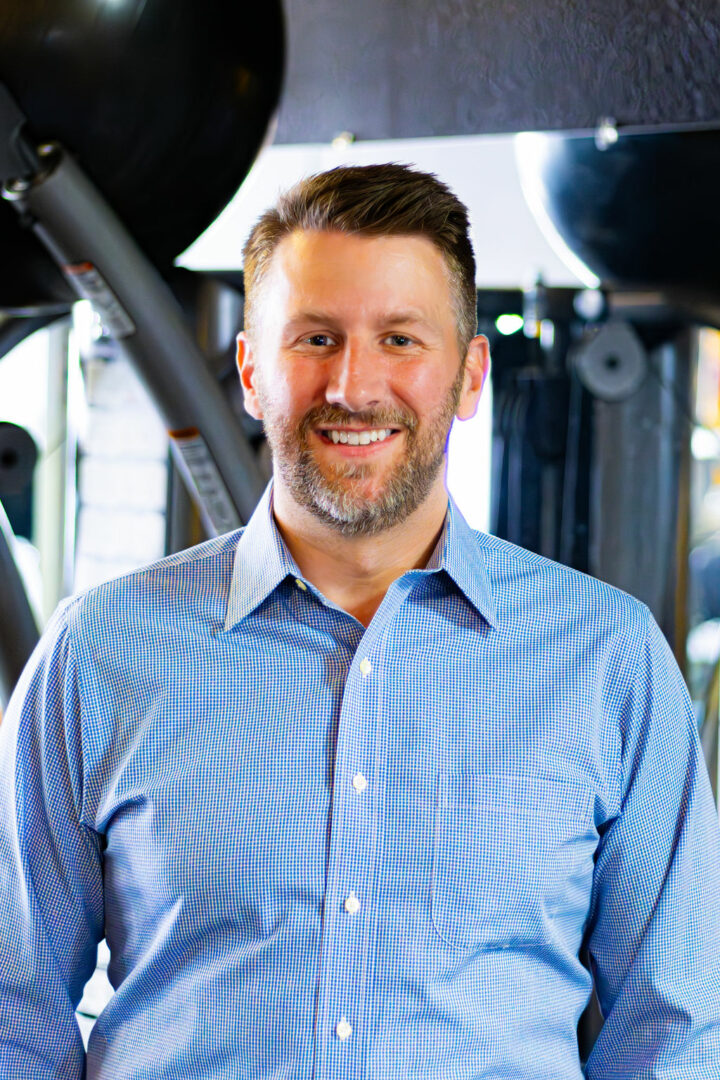We’re excited to introduce you to the always interesting and insightful Owen Campbell. We hope you’ll enjoy our conversation with Owen below.
Hi Owen, thank you so much for opening up with us about some important, but sometimes personal topics. One that really matters to us is overcoming Imposter Syndrome because we’ve seen how so many people are held back in life because of this and so we’d really appreciate hearing about how you overcame Imposter Syndrome.
Imposter syndrome is a massive weight for any clinician. You go from having your hand held by instructors, to a patient sitting in front of you. In my first few years of practice I worked with two excellent clinicians who were able to give me good advice and critique my performance. This helped me to get over the first level of impostor syndrome.
I then became a manager in a clinic, introducing me to another form of impostor syndrome. Not only did I have a patient’s health in my hands, but also the livelihoods and life satisfaction of my employees. Fast forward to now as solo-preneur, the impostor syndrome never really stops.
My strategy is simple. Be curious, know how to avoid the irreversible screw ups, and lead with affability so that other stakeholders are more sympathetic to the fact you are still learning. Also remember you got this far. Each progression in your career you become more and more uniquely qualified. There are hundreds of thousands of PTs, tens of thousands of managers, and thousands of PT entrepreneurs. Every level I progress to there are less and less people who will even have the background to judge my work. And the ones who have done it successfully are usually the most kind.
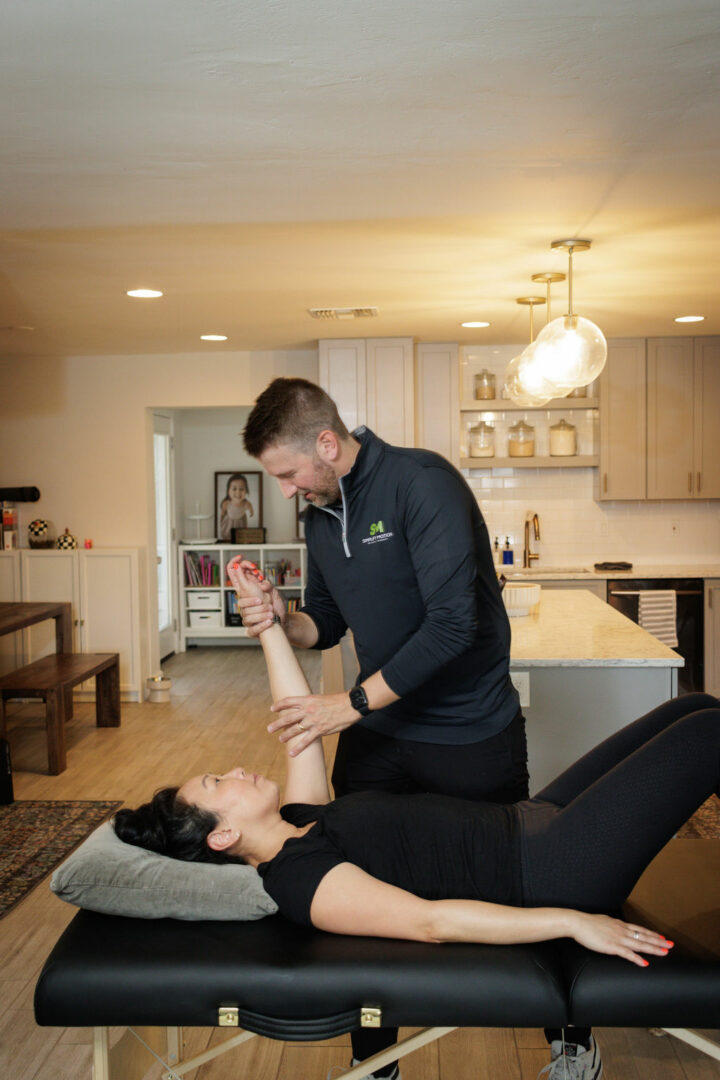
Let’s take a small detour – maybe you can share a bit about yourself before we dive back into some of the other questions we had for you?
I think what really makes what I do different is the quality and depth of care I deliver—especially for golfers. I looked at the traditional medical model and realized there’s a huge gap. The golf swing is an incredibly complex movement, but most people who go through physical therapy end up getting a generic exercise sheet or a cookie-cutter program. It’s not that therapists don’t care; it’s that they’re buried under a system that forces them to see too many people just to stay afloat because reimbursement rates are so low.
So I stepped out of that model and built something completely different. I run a concierge, out-of-network practice where I go directly to people’s homes and spend a full hour with them—just me and the client. That gives me the time to really break down what’s happening in their body and, if they’re a golfer, analyze their swing in detail. Nine times out of ten, pain in the back, shoulder, or hip is actually being driven by a lack of motion somewhere else. You need the time and space to figure that out properly, and that’s what I’ve created with my business: a way to treat fewer people at a higher level, while still taking care of my family and doing the kind of work I’m proud of.
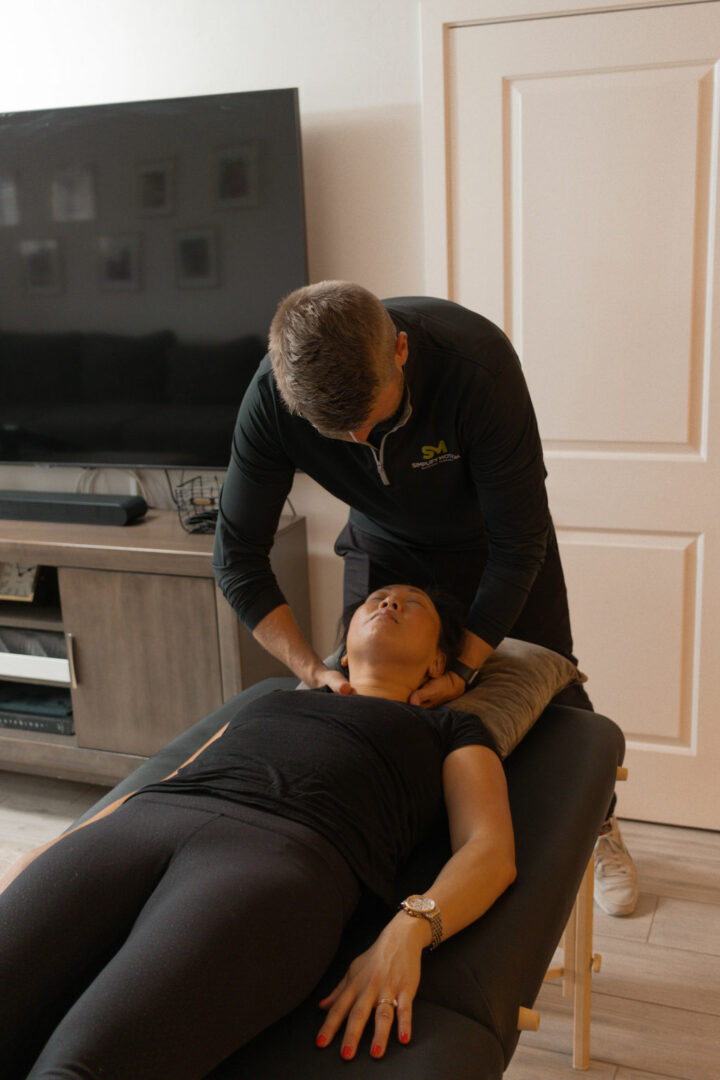
If you had to pick three qualities that are most important to develop, which three would you say matter most?
I think some of the most important qualities for any entrepreneur—especially in a service-based field like healthcare—are persistence, creativity, and just being someone people genuinely enjoy being around. Persistence because there will always be roadblocks. Thinking outside the box because you need to solve problems in ways others haven’t thought of yet. And affability because, at the end of the day, people want to work with people they like and trust.
If I were giving advice on how to build those qualities, I’d start with social skills. That doesn’t mean you have to be an extrovert—some of the best communicators I’ve met are introverts. They listen well, they ask thoughtful questions, and they make people feel heard. That goes a long way in physical therapy and business alike.
As for persistence, there’s really no shortcut. You develop it by doing hard things—working long hours, committing to a goal even when it’s uncomfortable, and learning how to build something from the ground up. I think being part of a team, like in sports, teaches that early on. But even as an adult, if you’re running your own business, you are the team. So you’ve got to hold yourself accountable, keep showing up, and keep pushing forward even when no one’s watching.
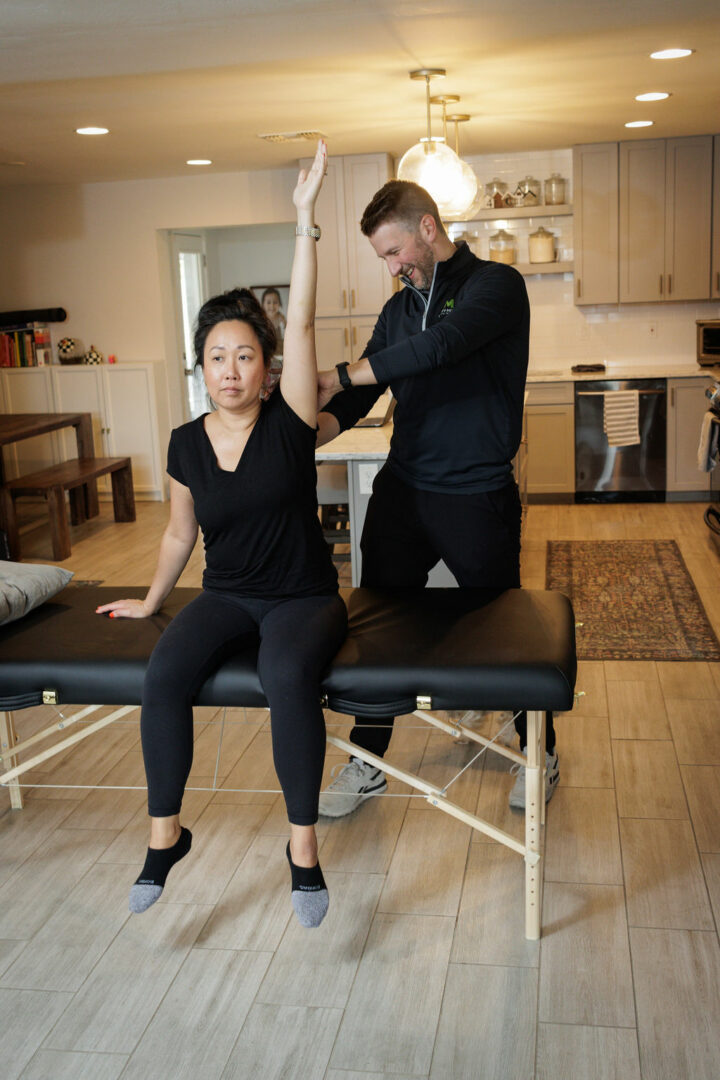
Before we go, maybe you can tell us a bit about your parents and what you feel was the most impactful thing they did for you?
What my parents really taught me was the value of hard work and pride in what you do. They were both great employees—always trying to make their jobs better, even when they probably weren’t getting paid nearly enough for the effort they put in. But that didn’t matter to them; they just couldn’t sit still and do the bare minimum.
They both worked in fields that helped people, and they always cared deeply about making sure the end client was taken care of. That mindset stuck with me. Watching them pour themselves into their work, not for recognition or money, but because it mattered—it shaped how I run my business today. Keeping that same focus on the person in front of me, on delivering something meaningful and done right, is really at the core of everything I do.
Contact Info:
- Website: https://www.simplifymotion.com
- Instagram: @simplifymotion
- Facebook: https://www.facebook.com/profile.php?id=61550712405469
- Linkedin: https://www.linkedin.com/company/arizona-health-and-performance/?viewAsMember=true
- Youtube: https://www.youtube.com/channel/UCQeR4t3sL5QVm3lkbSaB2nQ
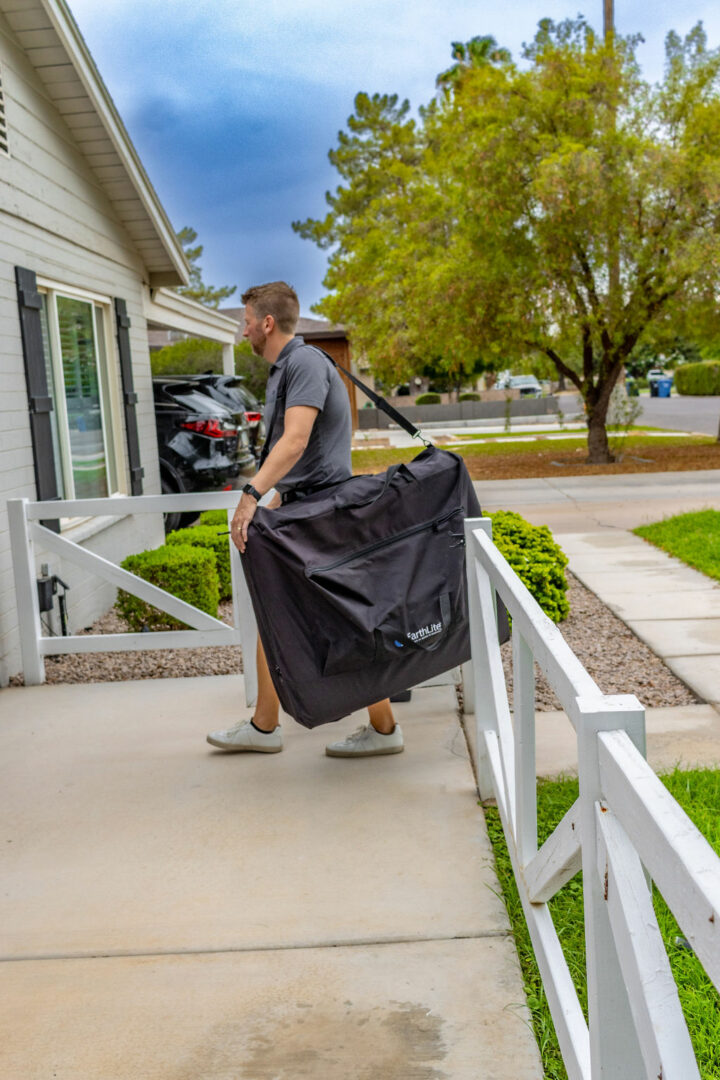
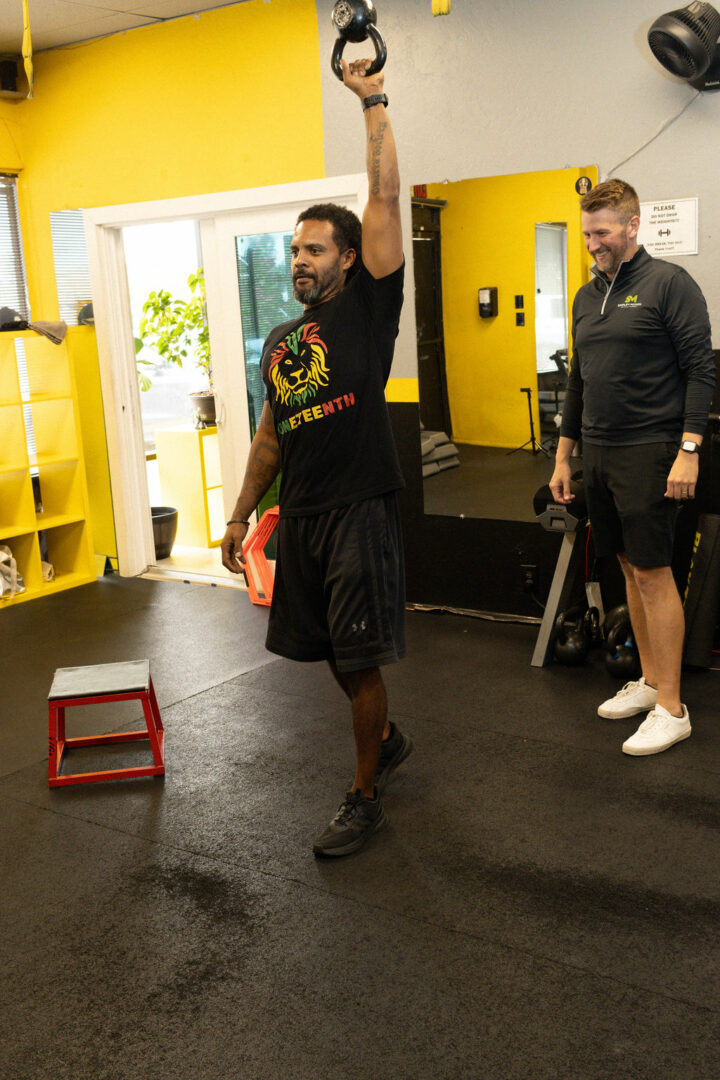
Image Credits
BNelly Photography
so if you or someone you know deserves recognition please let us know here.

